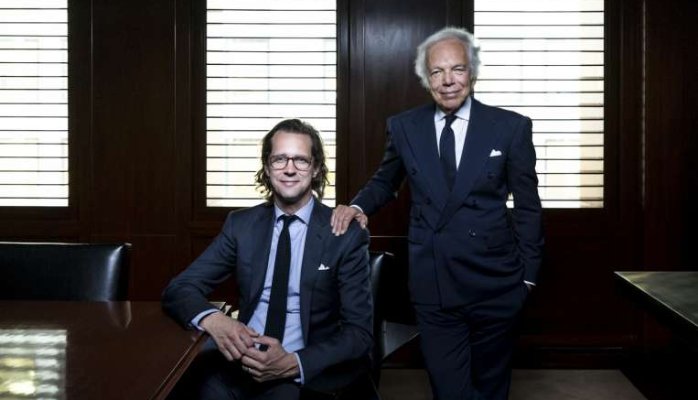Most succession plans are too idealistic, burdened by unrealistic expectations thus designed to fail. Here is how you can avoid this approach.


Most succession plans are too idealistic, burdened by unrealistic expectations thus designed to fail. Here is how you can avoid this approach.

Understanding and defining the impact of design when it is not used as a tool for expression, but rather as a tool for growth, has been our life’s work.

Work should inspire, unite people to do amazing things; this should not be ideal but the norm in companies. A reflection to mark our 11th anniversary.
Tại sao trong sáng tạo, ý tưởng sáng tạo không thôi có giá rất rẻ; nghiên cứu để có những hiểu biết sâu sắc về ý tưởng sáng tạo lại rất hiếm và cách thức hiện thực hoá ý tưởng sáng tạo mới là chìa khóa dẫn đến thành công?
Why ideas are cheap, insights are rare, and implementation is key when it comes to innovation.
Why companies succeed better when they acknowledge human weaknesses and harness them instead.
Trong thực tế, rất nhiều lãnh đạo liên tục phải quản trị những đội nhóm yếu kém với đầy những cá nhân ngại thay đổi trong khi người lãnh đạo phải cố gắng quản trị tất cả những tính xấu thuộc về bản chất của mỗi con người.
Why companies should not be fixated on information collection but information action.
Lessons we can learn from China’s Long March towards Creativity and Innovation.
How Steve Jobs, Howard Schultz and Ho Kwon Ping applied the principles of design in strategy to gain an edge.
How can organisations fight complacency and retain a healthy sense of competitiveness?
Lessons from America’s malfunction for Asian Organisations.